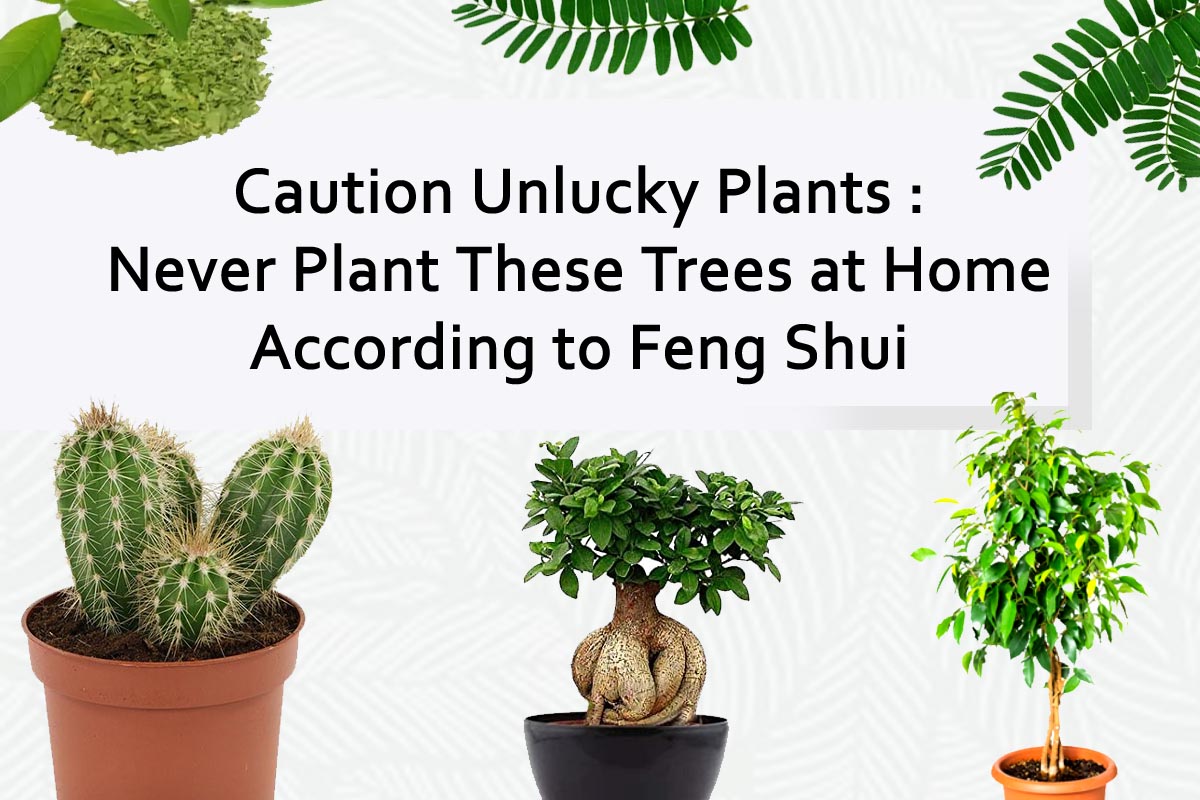Unlucky Plants: In Vastu Shastra, some plants are considered highly auspicious, while others are deemed inauspicious. It is believed that planting certain types of vegetation in your home can lead to a shortage of wealth and prosperity.
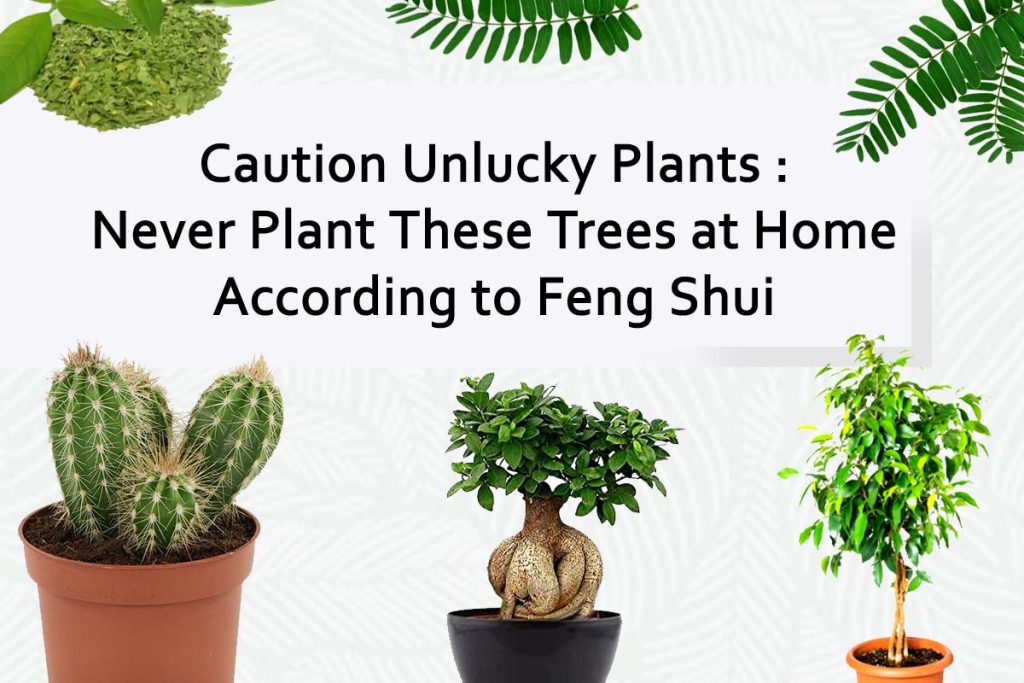
These plants might even lead to financial setbacks. People often, in their pursuit of enhancing greenery and the beauty of their homes, unknowingly choose plants that could have negative repercussions.
When an unexpected misfortune befalls them, they tend to attribute it to some error on their part, linking it to the plants they chose. People may not realize that these choices might be the cause of their distress. Let’s take a closer look at a few of these plants:
Thorny Plants: According to Vastu Shastra, one should avoid planting thorny plants at home or in the office, excluding roses. Thorny plants are believed to bring negativity and can hinder progress in life.
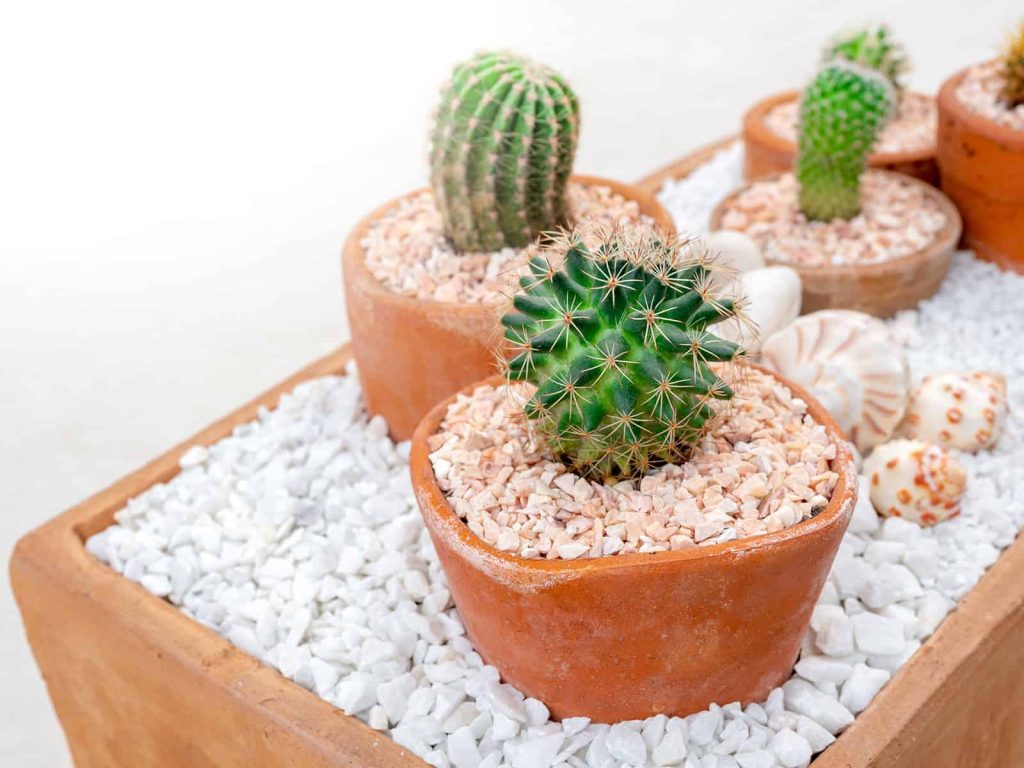
Tamarind Tree: While tamarind is commonly used in cooking, Vastu Shastra considers the tamarind tree inauspicious when planted around the house. It is believed that it can lead to tension within the family and halt progress.
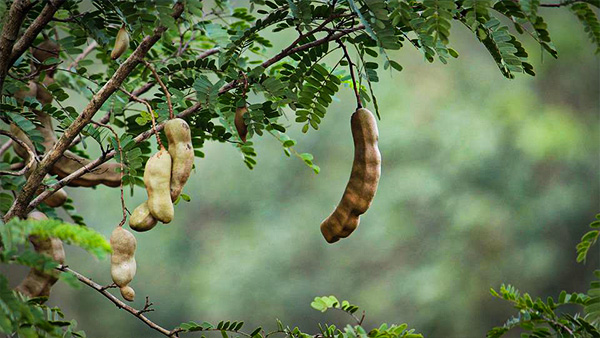
Henna Plant: Vastu also discourages the planting of henna plants. It is said to be associated with negative forces and may bring turmoil into your life.
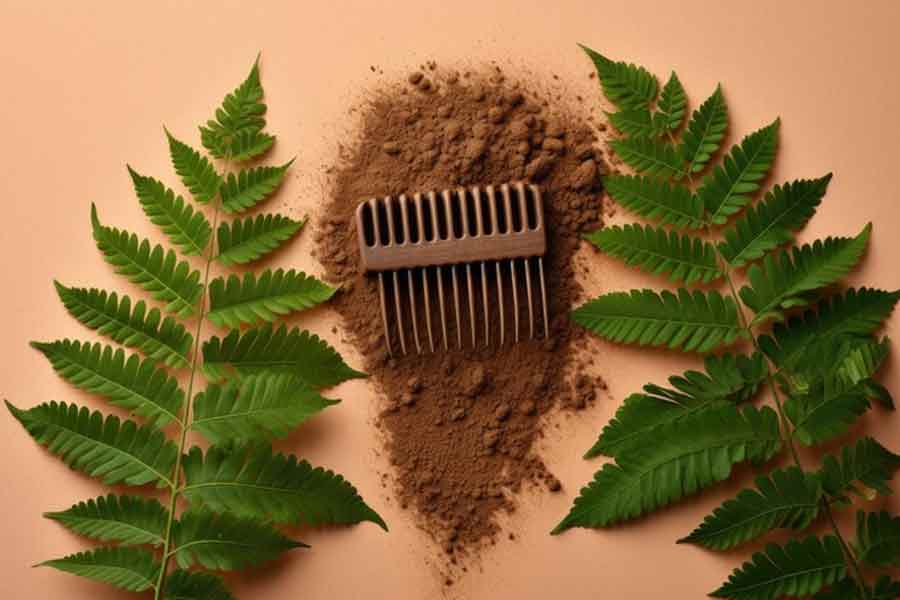
It’s essential to be mindful of the types of plants you introduce into your living space, as per Vastu principles. While greenery is often sought after for its positive effects, selecting the wrong plants may inadvertently invite negative energies.
Understanding the significance of plant choices in Vastu can contribute to a harmonious and prosperous living environment. So, think twice before you decide to bring certain plants into your home, and consider the impact they might have on your well-being.
Read more: Virat Kohli Set to Earn a Whopping 100 Crores, Becomes the First Indian Cricketer with Such a Deal
